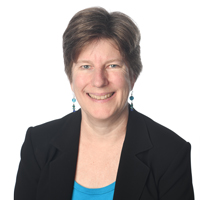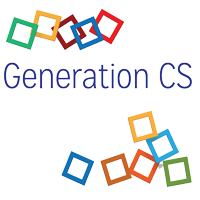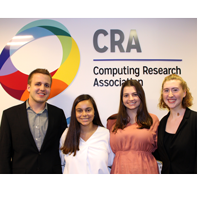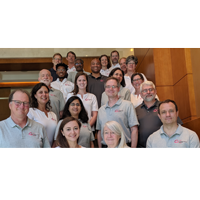
Message from the Board Chair: CRA Launches Strategic Planning Process
I am writing to share the timeline and process for the strategic planning effort that CRA is undertaking, as well as to highlight some of the opportunities for you to be involved. The ultimate goal of strategic planning is to determine how CRA can best serve its members and the computing research community. Given the many challenges and opportunities, it is imperative that we clearly understand the needs of our members and focus our activities to address those needs.















